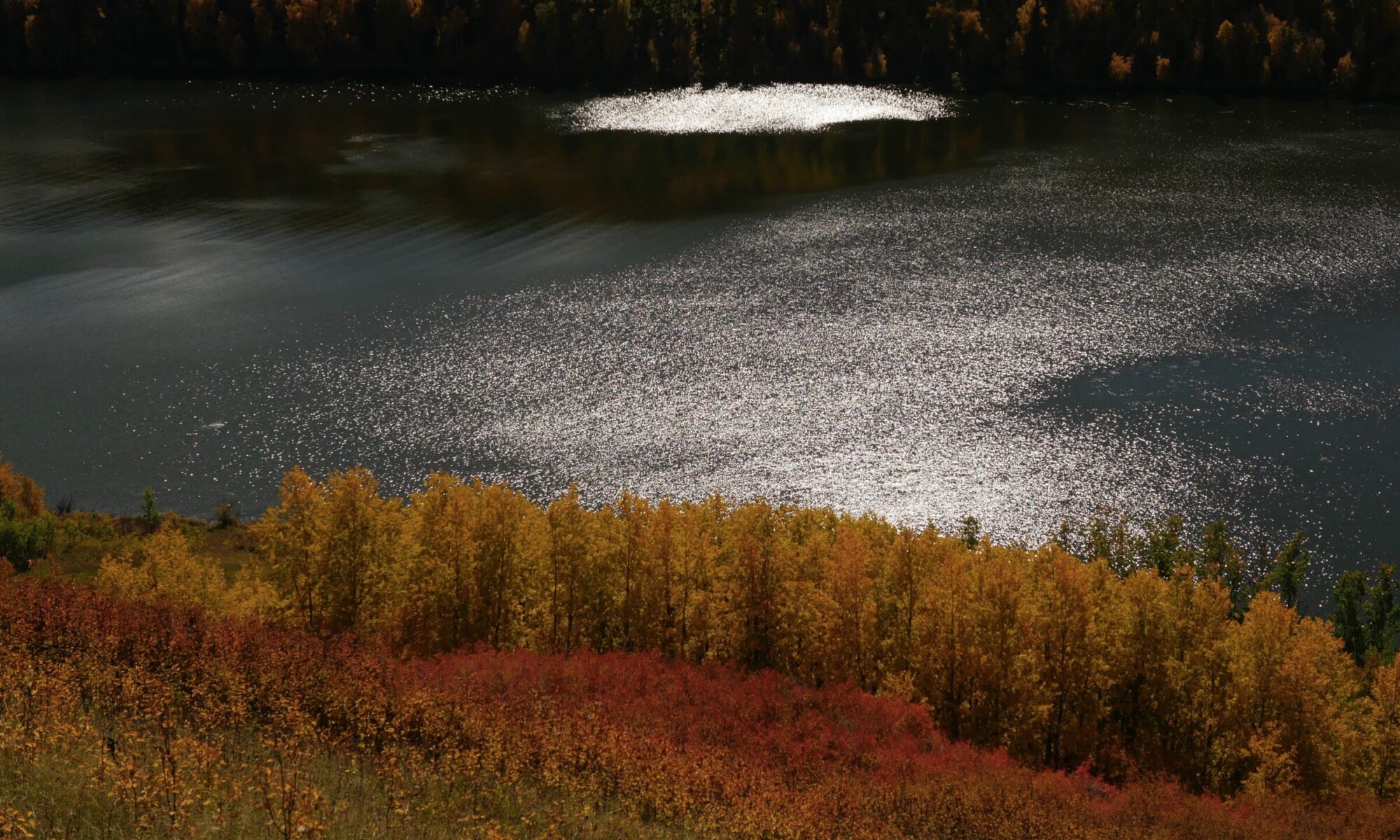As I happily sat cross-legged in the park near to the buildings I would later be required to confine myself in to discuss social theory of community, reading and re-reading the words of Wendell Berry, I often took moments to pause: moments to feel the wind through my hair, the sun on my cheek, the falling leaves on my shoulder. I feel connected to this place, to Augustana, to Camrose. It may derive from my historical roots, as many family members settled in the area, it may come from the strong social bonds I have made with individuals from all over the community, but I think it largely comes from the immediate connection I feel to the earth beneath my feet, so comfortable, radiating the sentiment that I am right where I need to be.
Connecting the dots, I have found that the themes revolving around my courses this year are all dealing with intricately related issues: community, social change, spirit of the land, and food. Berry too, makes these connections in the enlightening essays that have sparked this conversation. Perhaps many have not recognized the strong agricultural community that supports Camrose; the community becomes most prevalent when I attend the Thursday or Saturday farmers market (how incredible is it that the mall plays host to not one, but two markets per week–the times when I firmly believe the shopping mall sees the highest influx of buyers). Realistically, what has been brought to light in these essays is the ignorance many members of mainstream society maintain while shopping for food stuffs in grocery and department stores–perhaps not realizing that the origins of the ‘nourishment’ we know today are having heavy ecological and societal impacts: cheap labor, factory farms, industrial agriculture with its heavy reliance on chemical fertilizers and pesticides. It seems the strong ties of community and agriculture that vibrantly exist world wide are but mere skeletons on the national stage.
When our food is purchased, grown, or acquired consciously-from sources to be respected, and roots we understand-the food not only tastes better, but we may then better recognize our place in the system. Our place as co-creators and producers, rather than mindless consumers. We may then better recognize our responsibility to tend the earth that is becoming exhausted beyond measure; our responsibility to our community to support and maintain these local food networks that are building livelihoods that thrive, rather than merely exist. Since I have not come from a farming background, these notions and connections were knitted through my education, and my passion. Though, regardless of where we are coming from, there is no time like the present to be thankful for the farmers who respect their land, who respect their passion, and are forming resilient communities that resonate on frequencies of cooperation and gratitude.

![IMG_0199[1]](https://spiritoftheland.ca/wp-content/uploads/2013/09/IMG_01991-300x224.jpg)
So true!